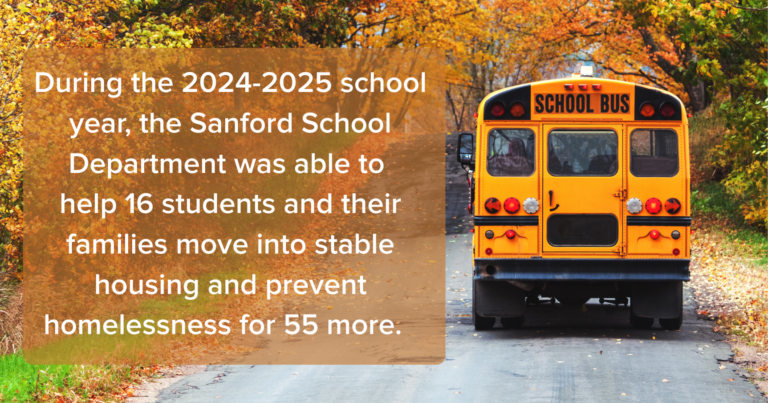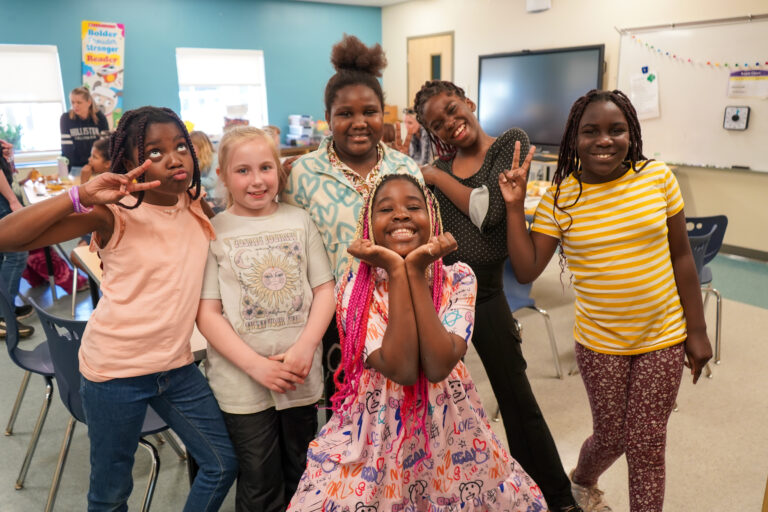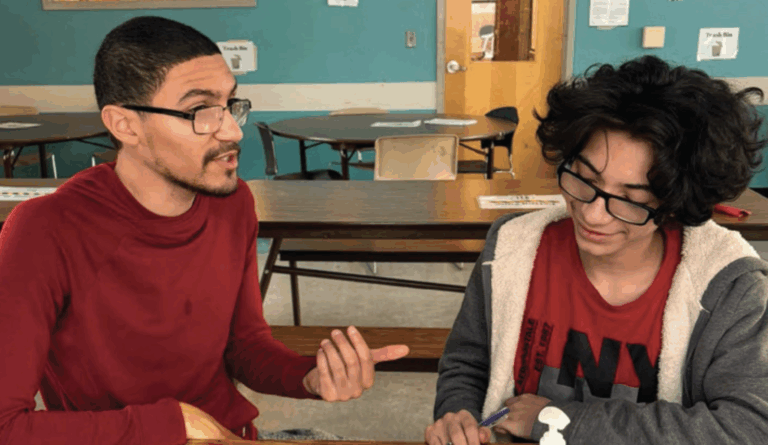Convening’s goals were to strengthen, expand two-generation strategies for improving family outcomes
In Freeport on October 23, the John T. Gorman Foundation joined Ascend at the Aspen Institute – a national leader in the two-generation approach – in hosting the Maine 2Gen Summit. The daylong convening engaged 130 practitioners, parents, and policy makers from across the state on the topic of two-generation strategies, which help families experiencing poverty build well-being by working with children and the adults in their lives simultaneously.
The day opened with remarks from Foundation President & CEO Nicole Witherbee and Marjorie Sims, Managing Director of Ascend at the Aspen Institute, who provided a national overview of the two-generation approach – including its key principles, origins, and growth over the last 10 years.
“Maine’s two-generation (2Gen) approach has been impressive, and we share their strategies with other states,” said Sims. “Working directly with communities, as well as at the county and state levels, leaders in Maine have been intentional about engaging parents to help design programs that better serve the aspirations of families. This convening hosted by the John T. Gorman Foundation is an illustration of the strong momentum for improving outcomes for all children and families in Maine and across the country using a 2Gen approach.”
Next, and throughout the day, parent advisors shared their perspective of what two-generation programs have meant for them and their children, as well as what they need to overcome challenges and pursue new opportunities.
“2Gen work creates a magical atmosphere where parents are not only able to meet for the first time, but also form deep and enduring friendships through similar and shared lived experiences,” said parent advisor Savannah Steiger, Educator and Care Coordinator for Sunrise Opportunities. “This summit is creating a safe and comfortable atmosphere for parents to express concerns to officials, and feel validated as the change makers they are.”
The day continued to explore two-generation strategies on a range of levels, including neurobiology. A presentation by Dr. Sarah Enos Watamura, Chair of the Department of Psychology at the University of Denver, shared a scientific perspective on the neurobiological benefits that the two-generation approach can bring to both young children and their caregivers.
After birth, babies go through a period of intense neural development, when their brain is actively making new connections to the world around them. But babies aren’t the only ones whose brains are changing in that period.
“As a caregiver, your brain is reorganizing to do the job of caring for that child,” Dr. Watamura said, such as building empathy and attachment. By offering support to caregivers, two-generation strategies put them in the best position to help their child succeed, she argued.
The summit also offered several panels that brought together experts from across Maine and the country on a range of topics, including the components of effective two-generation partnerships; using the approach in a range of settings; and translating its lessons into state policy. Finally, breakout sessions elicited participant thoughts about applying the two-generation approach across a range of issues.
“Over the last few years, Maine has seen incredible growth in the use of the two-generation approach. Across the state, it’s being used to help parents achieve their goals, while supporting the healthy development of children and well-being of whole families,” said Nicole Witherbee, President & CEO of the John T. Gorman Foundation. “But we can and should be doing more for Maine children and families, who are up against some incredible challenges. Strengthening two-generation practices, expanding successful programming, and making sound policy decisions for families was what this summit was about.”



